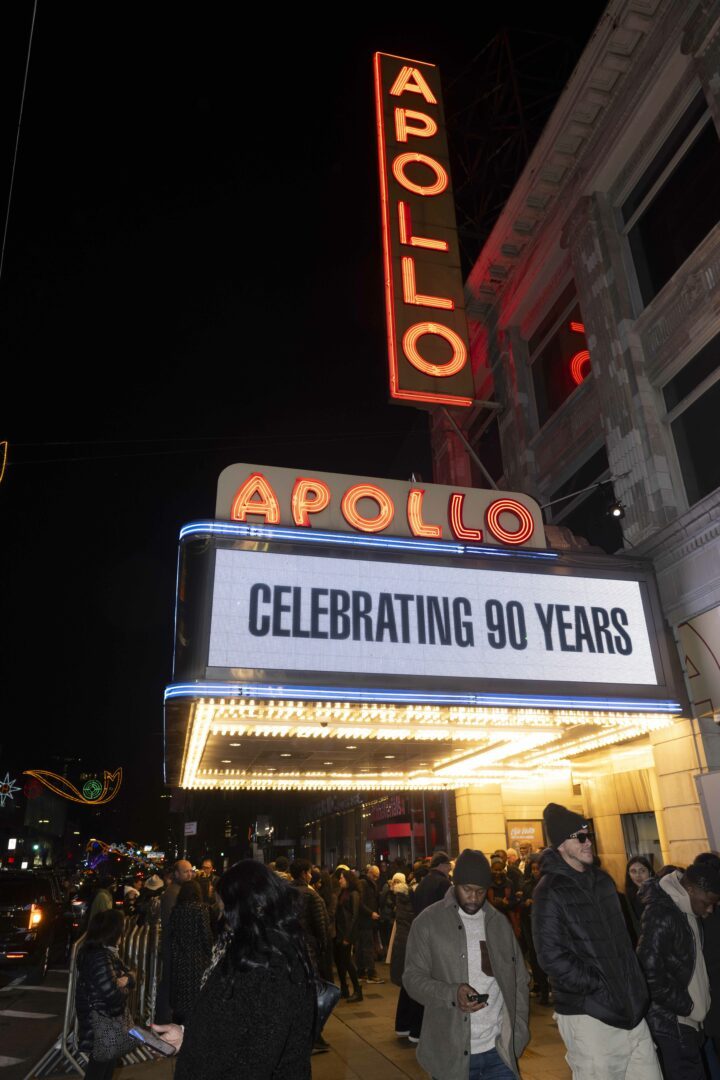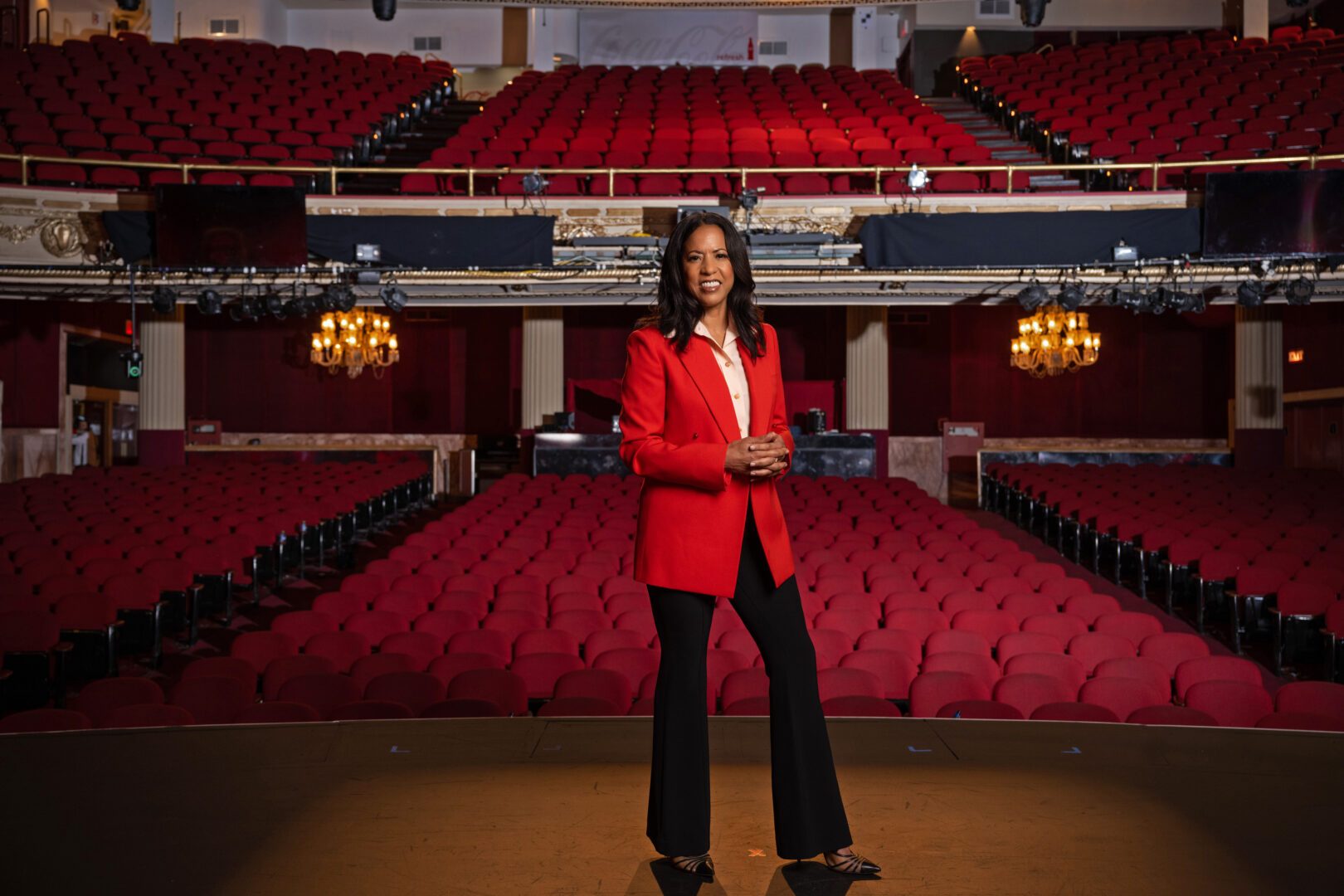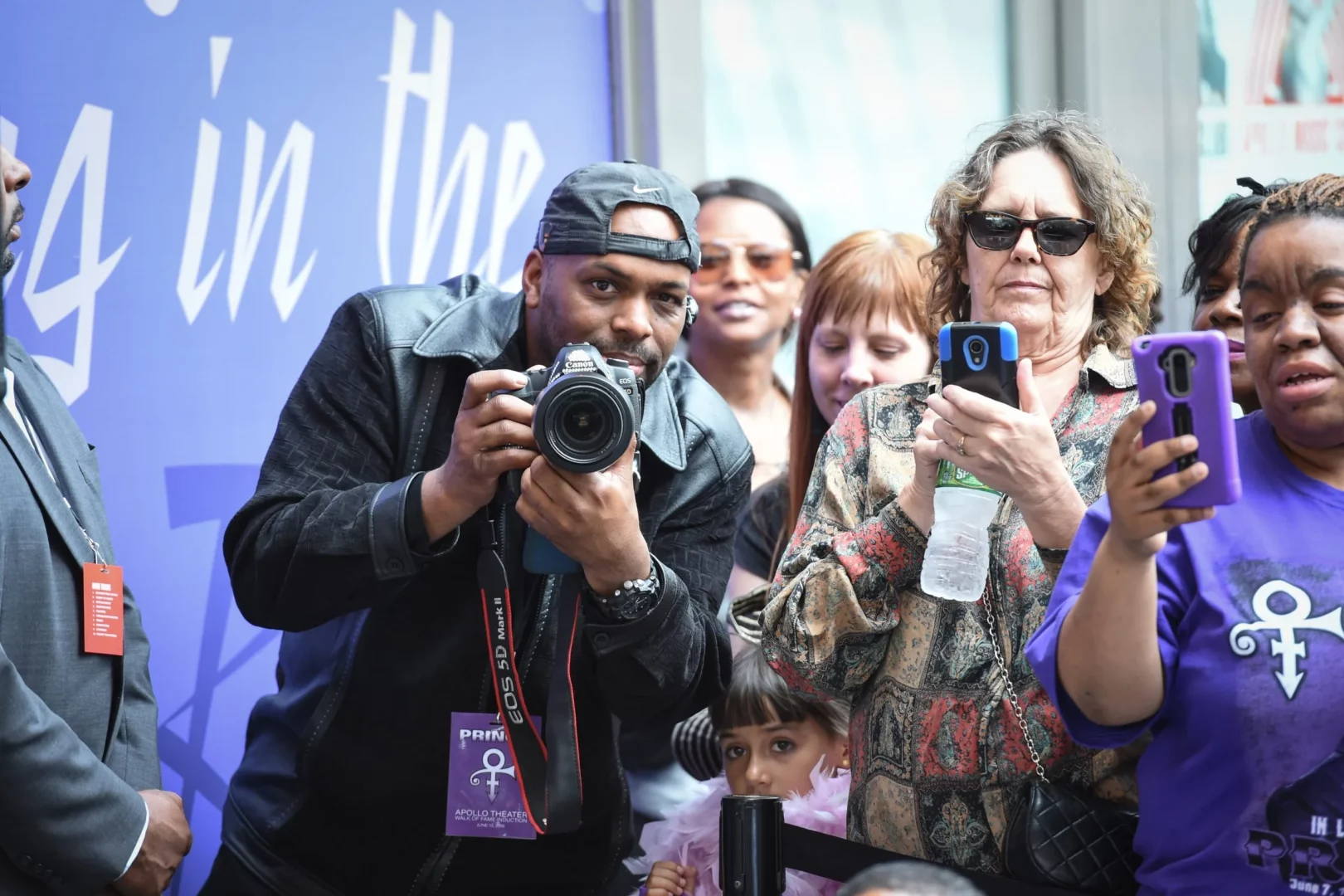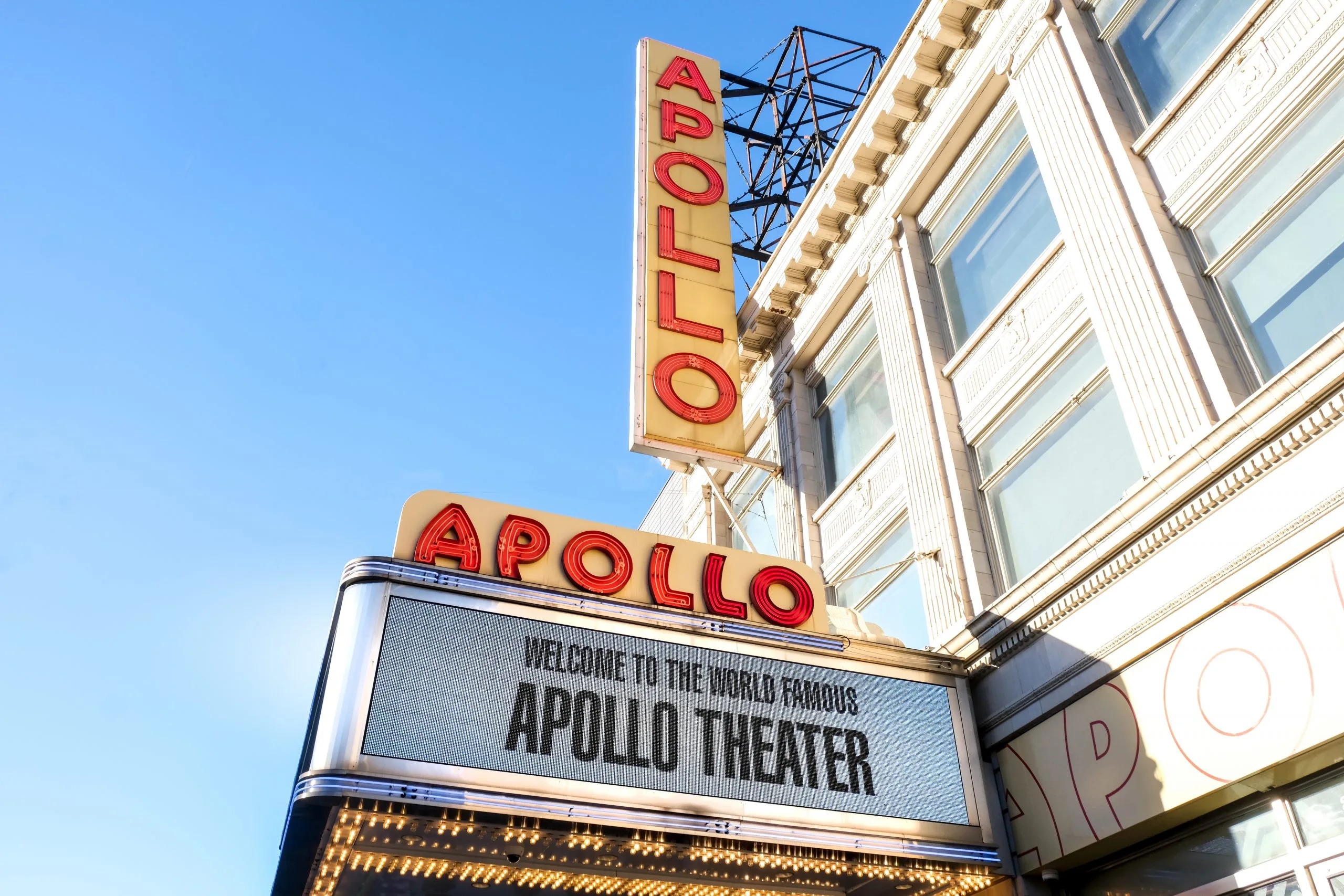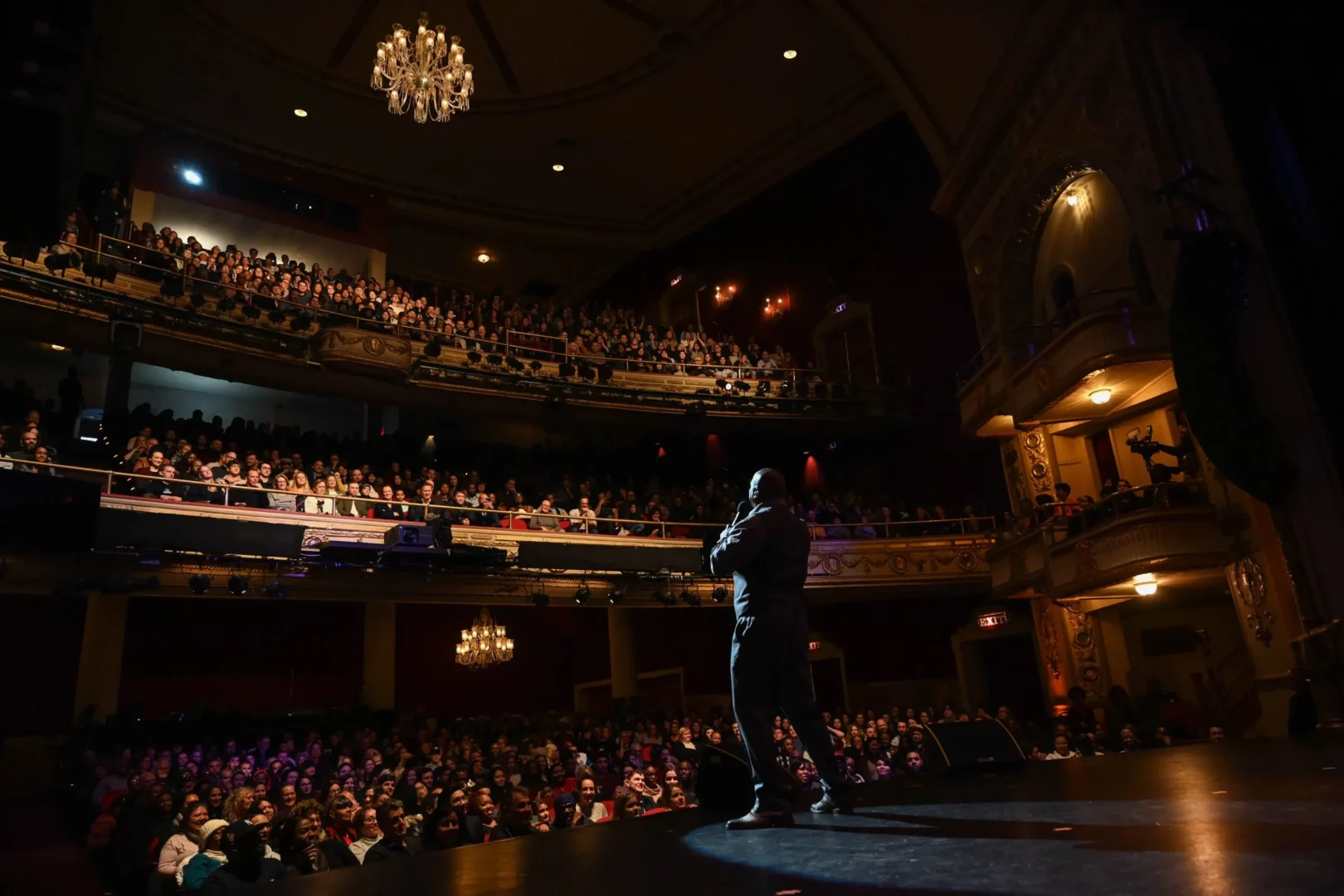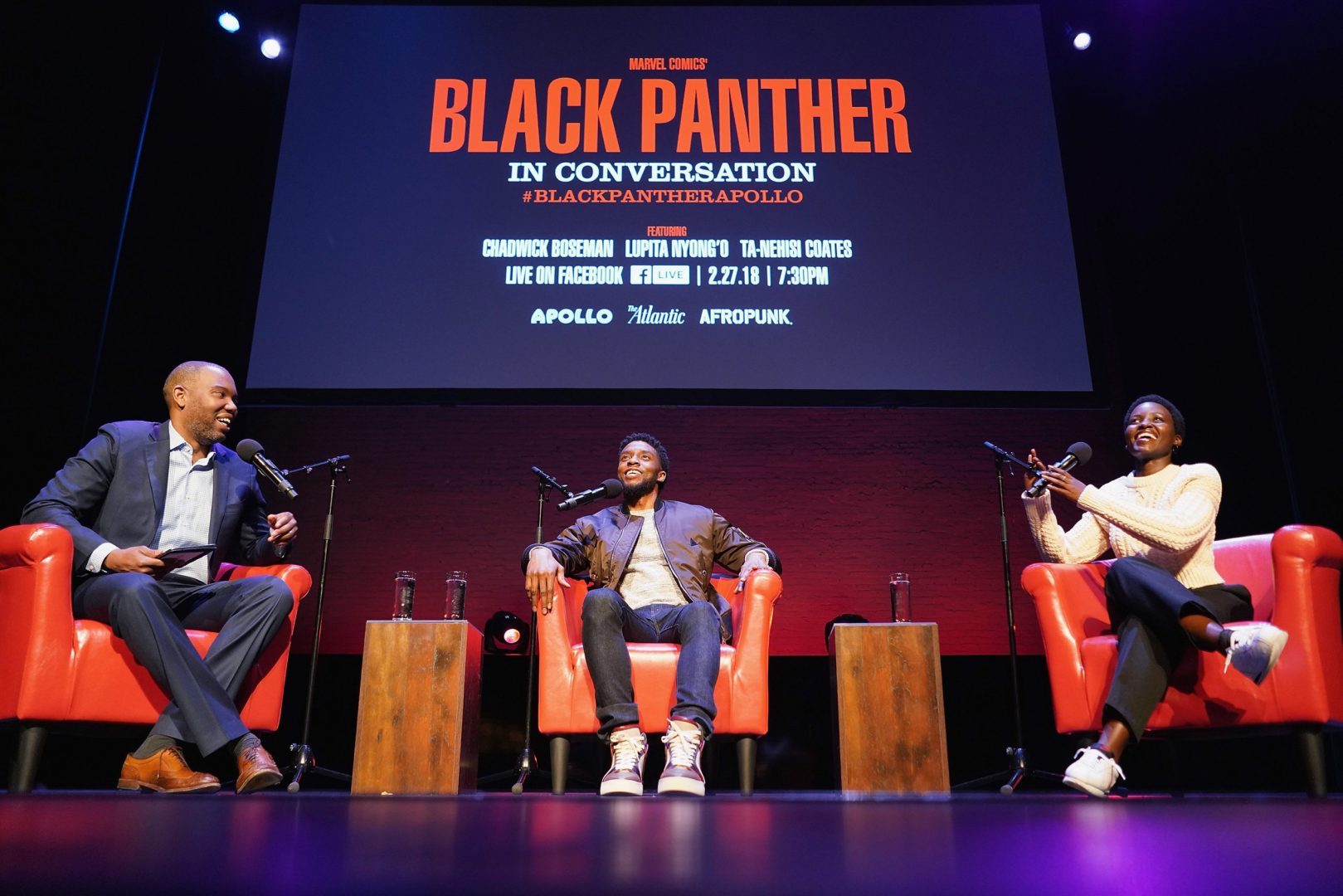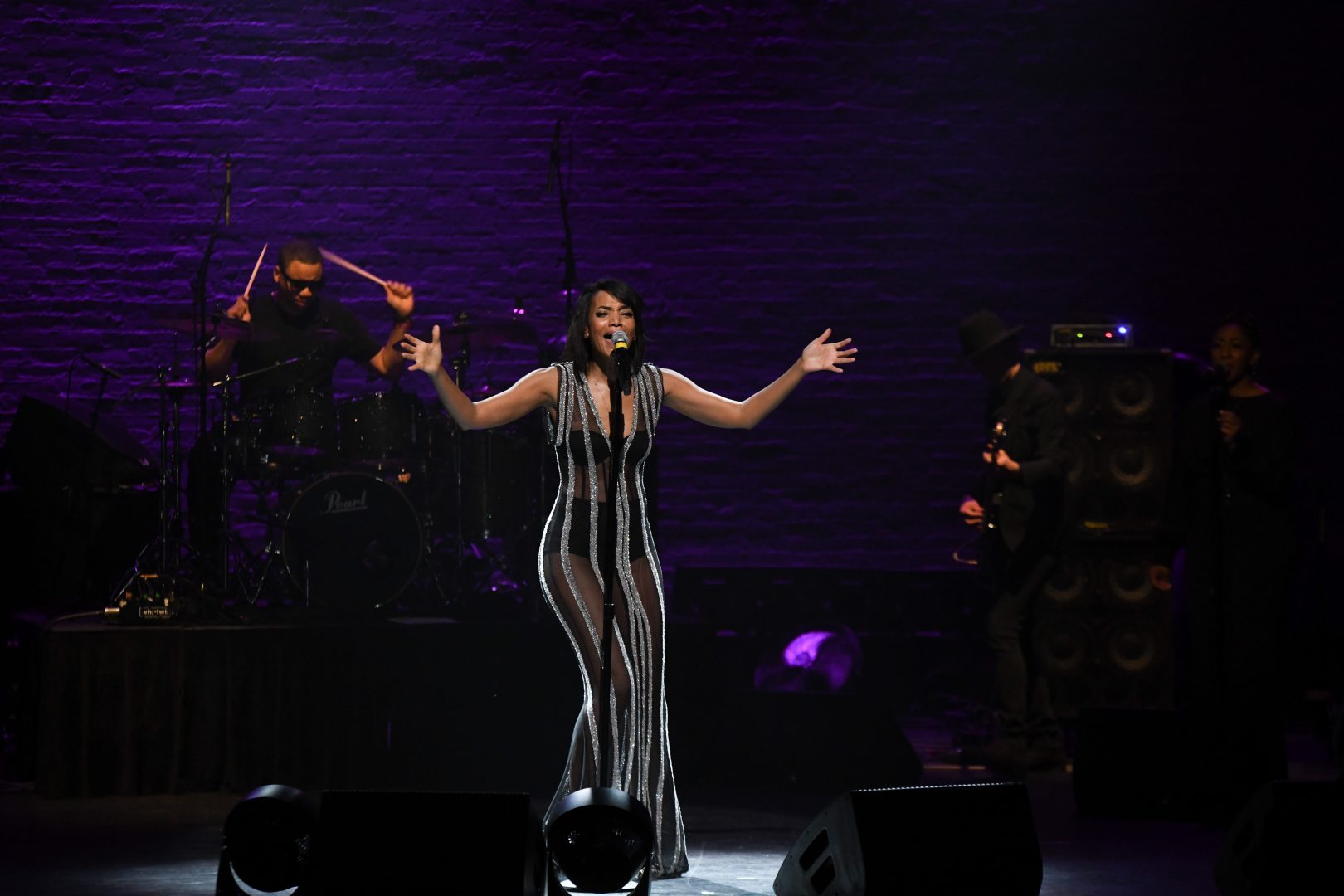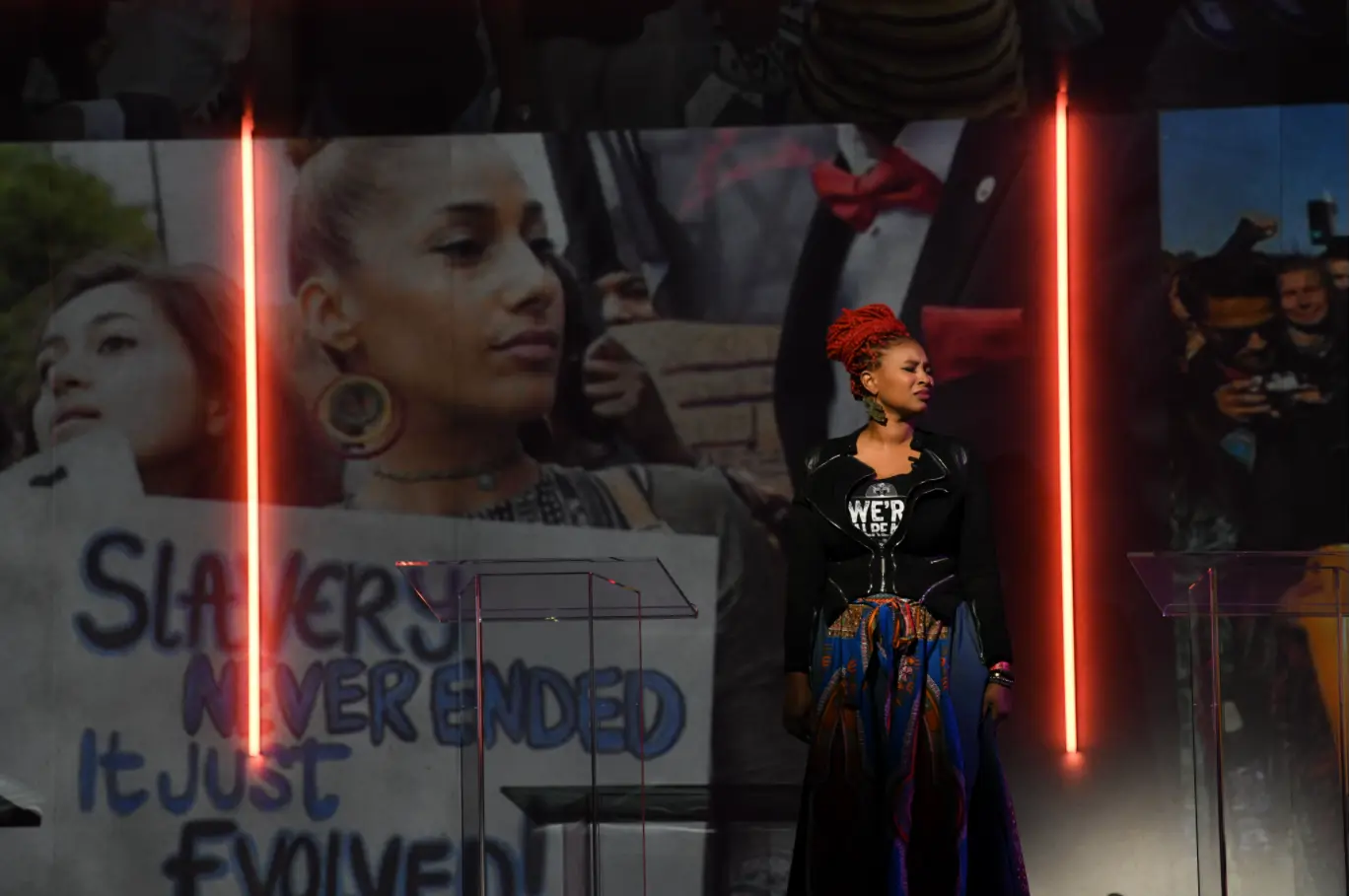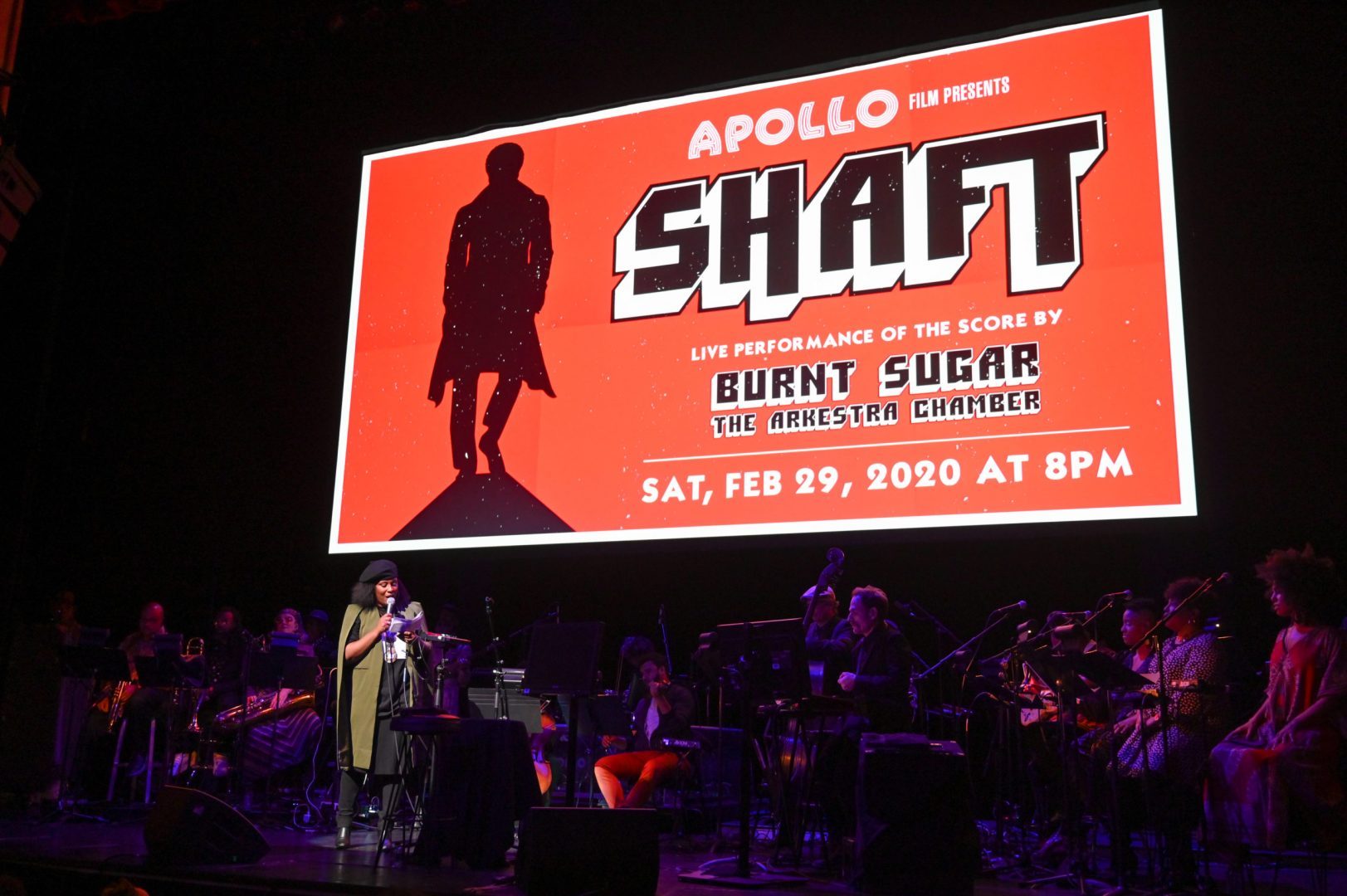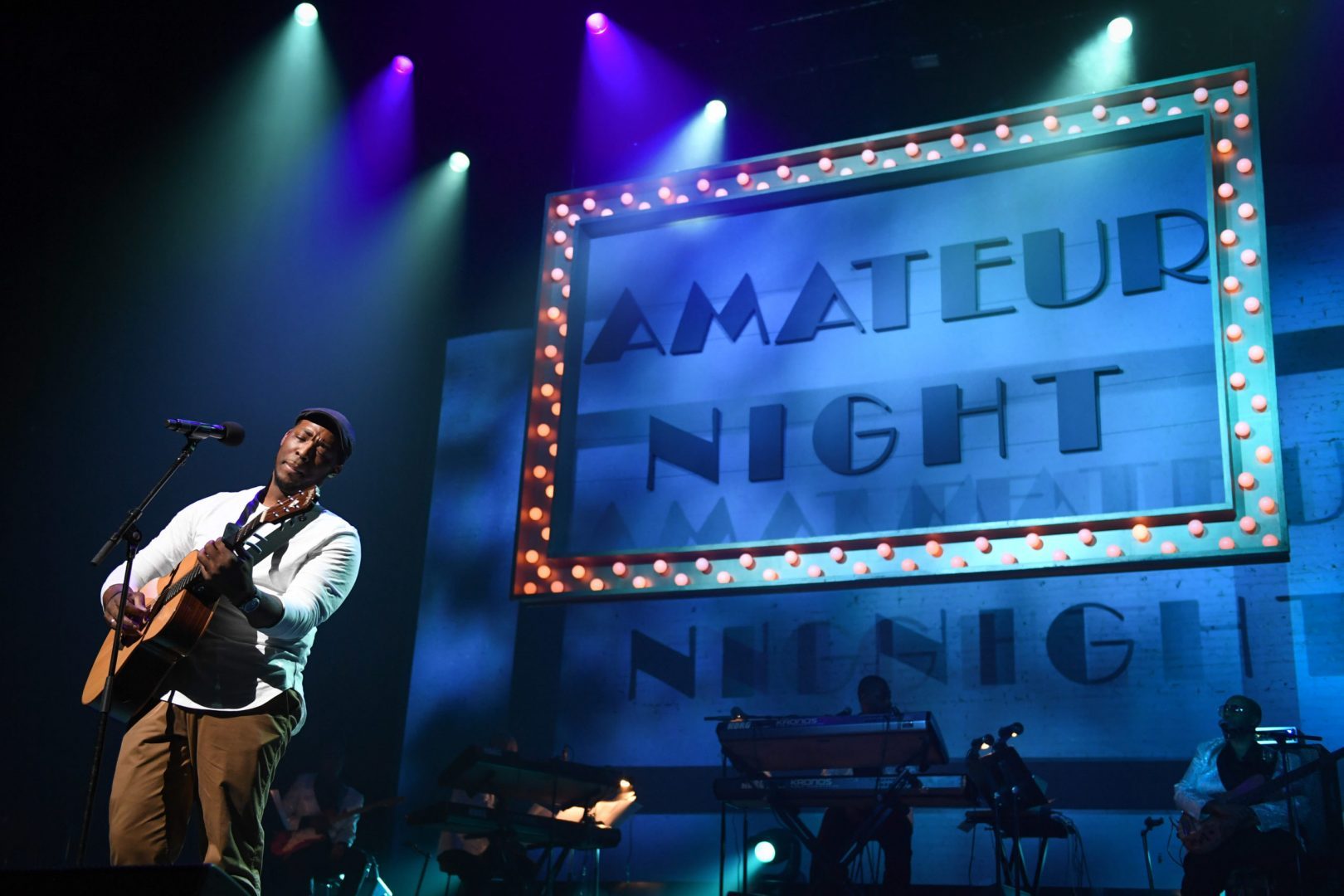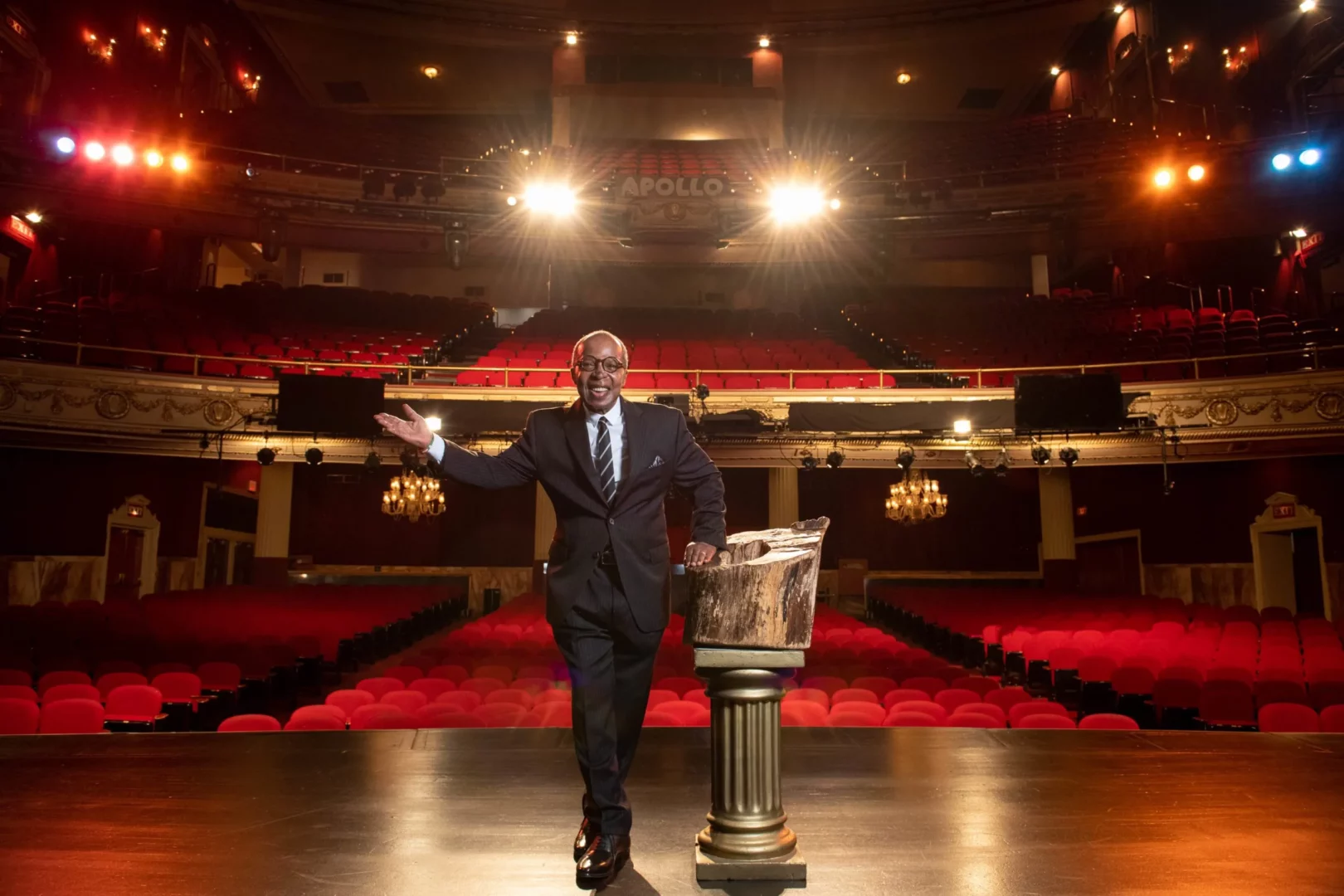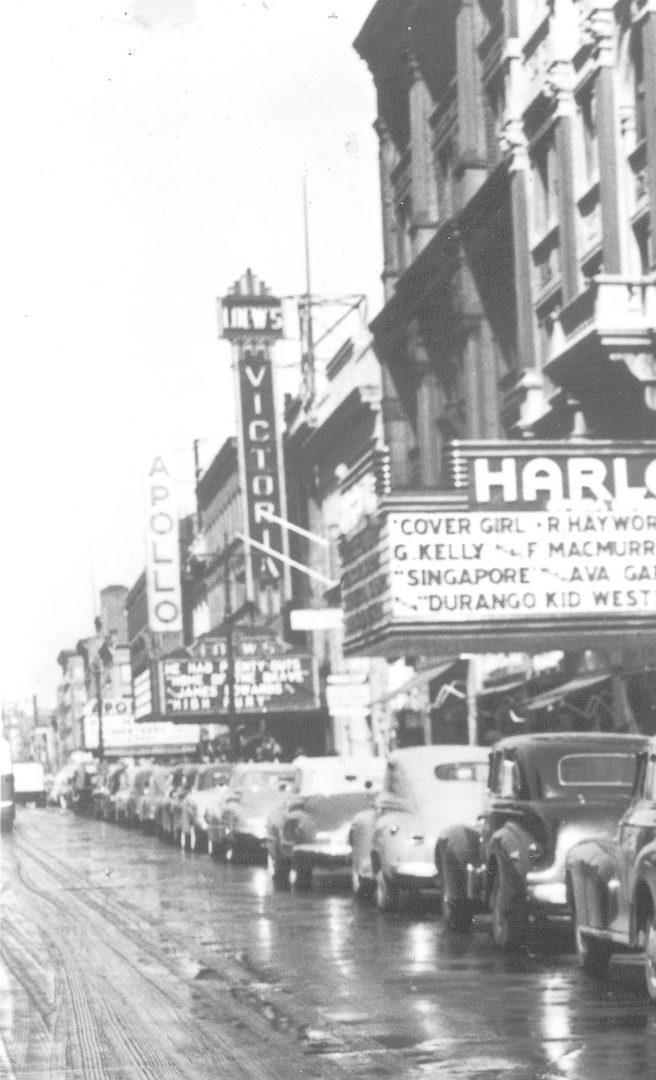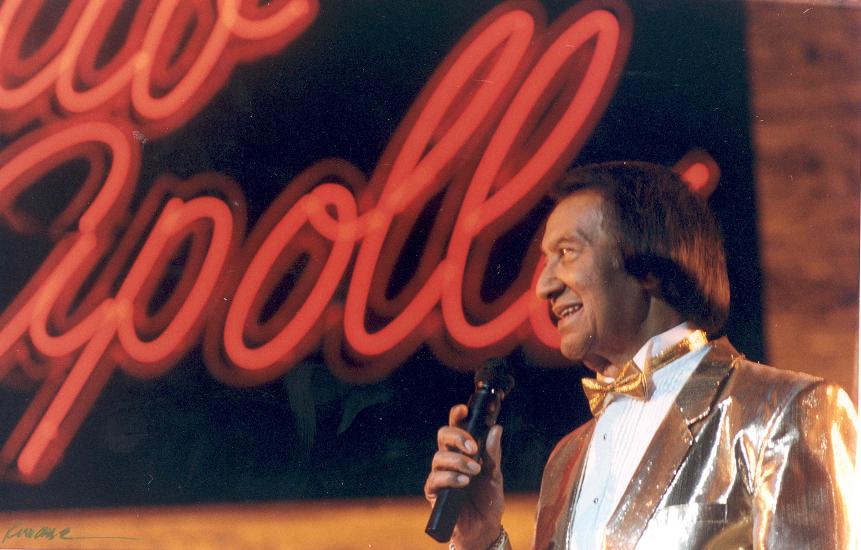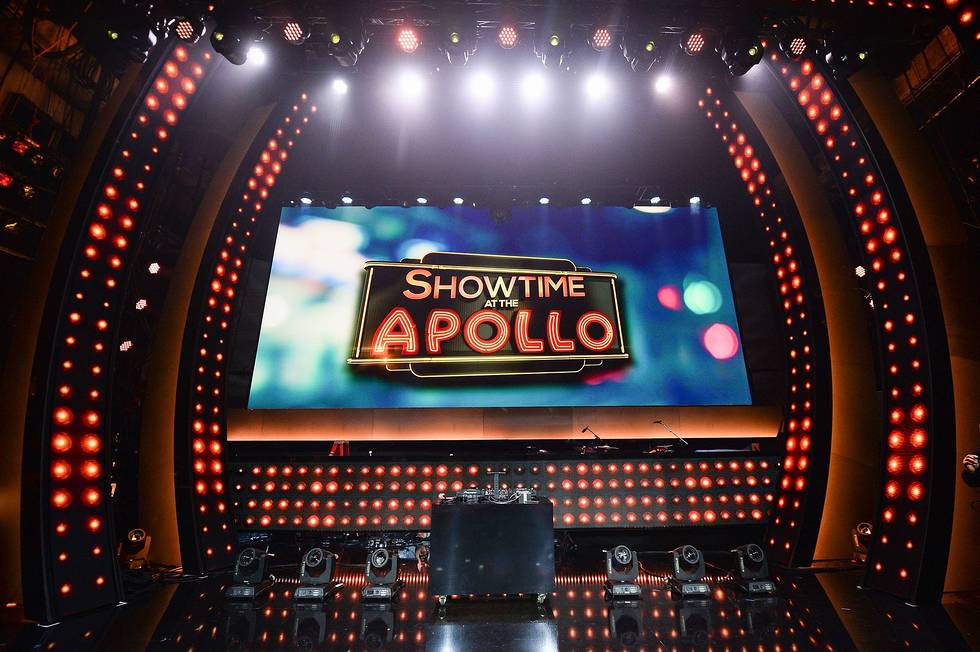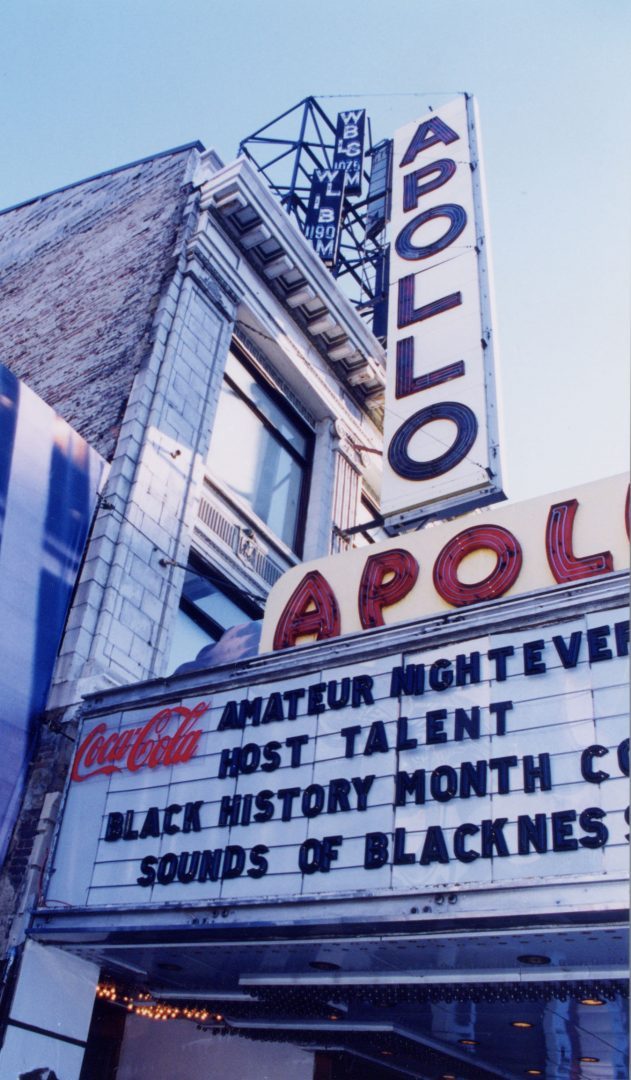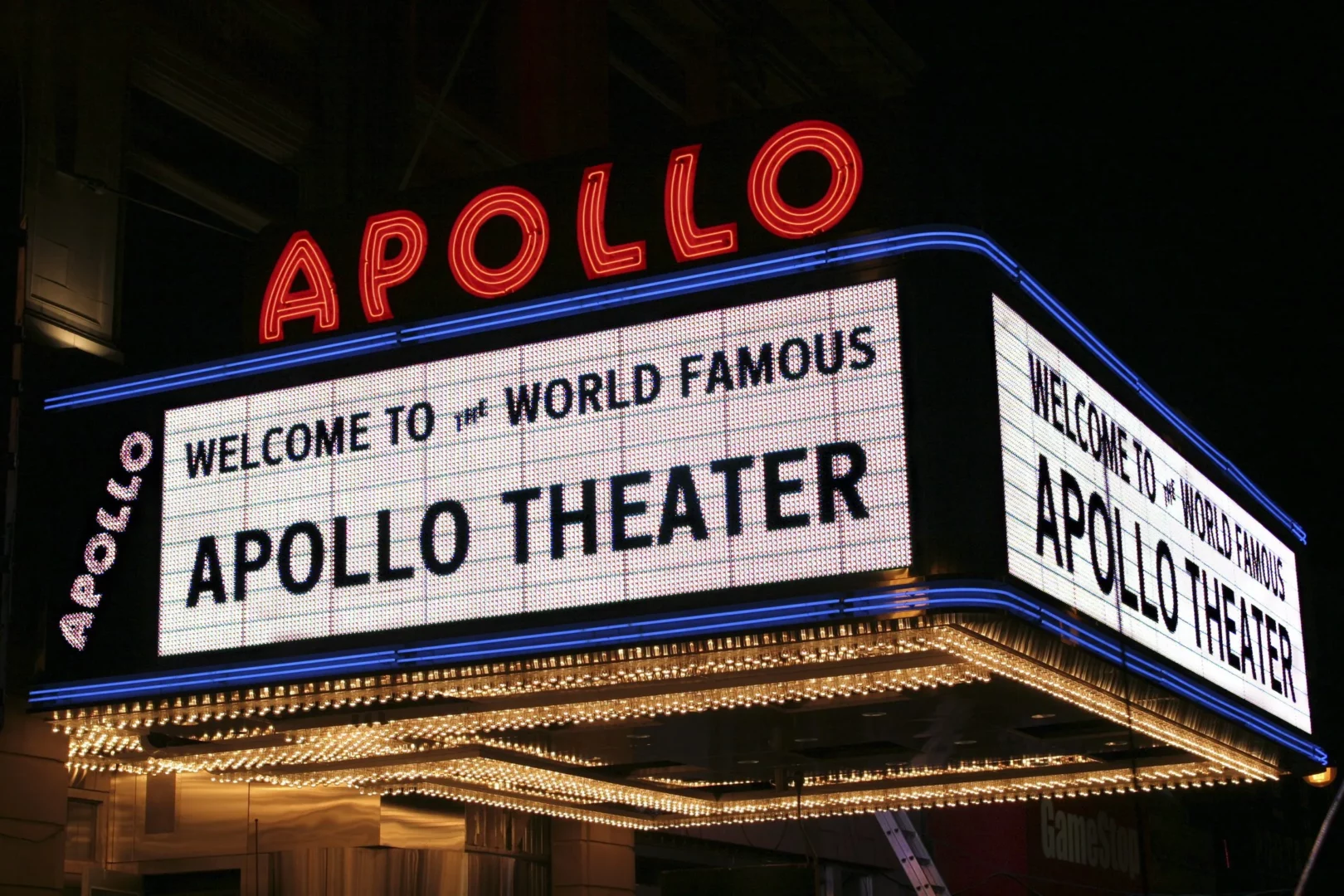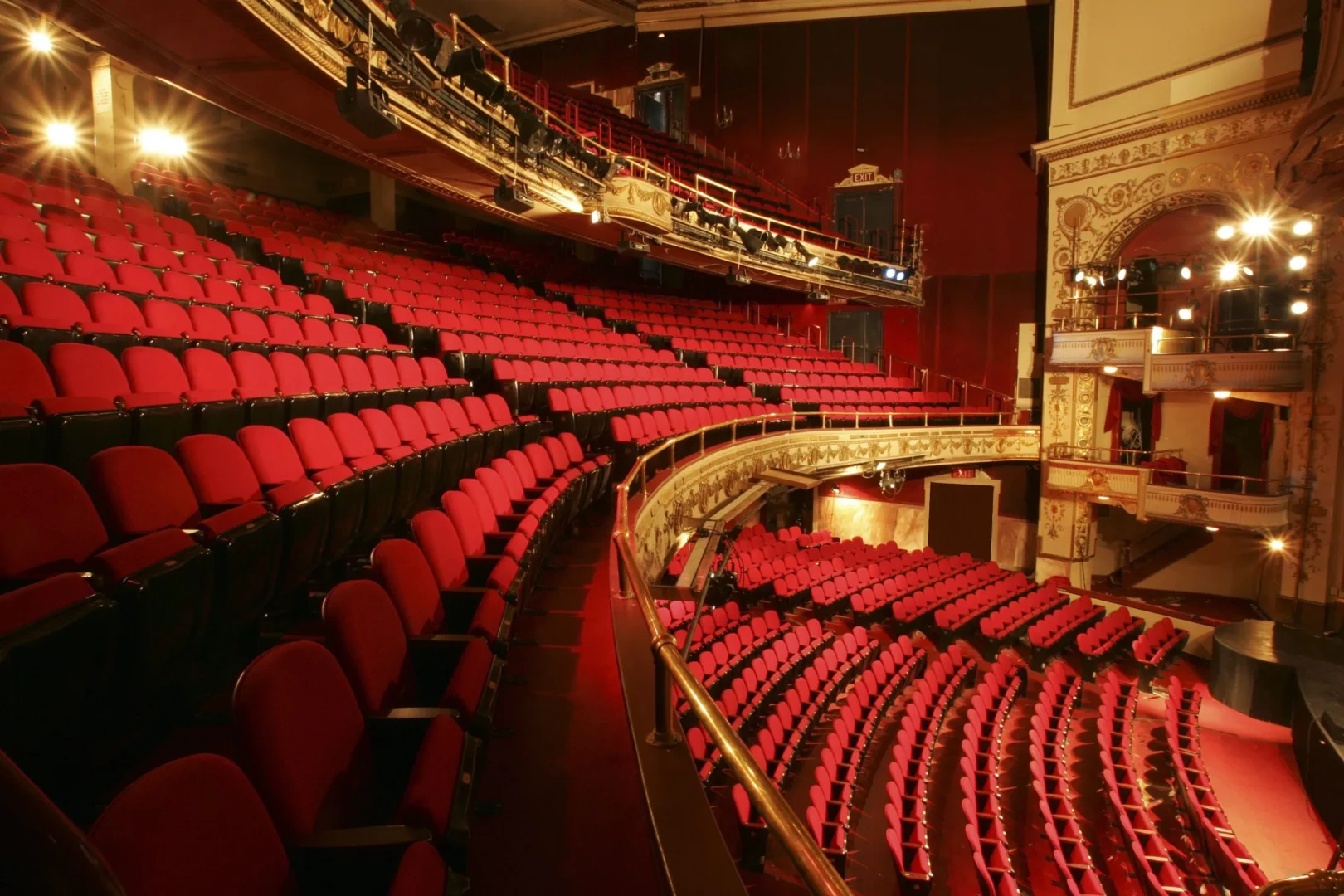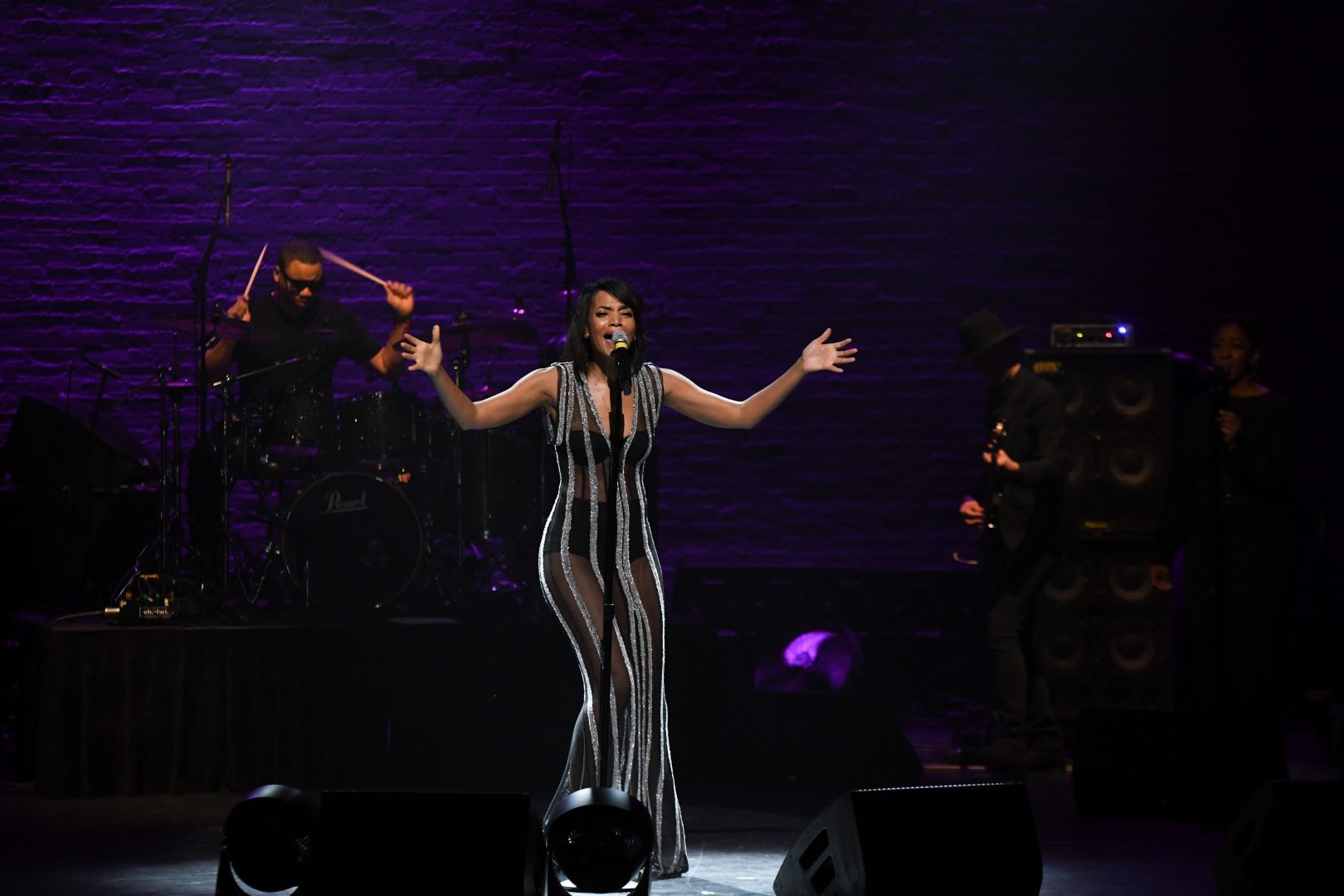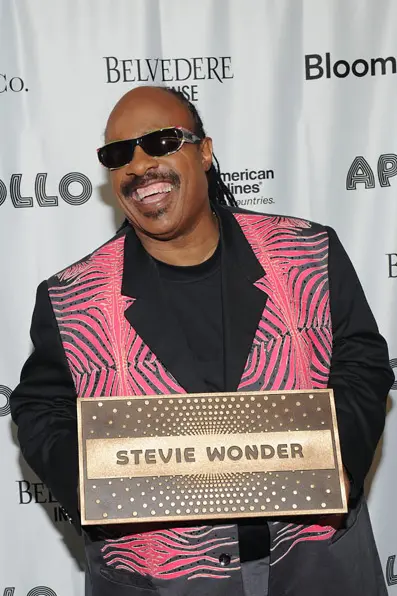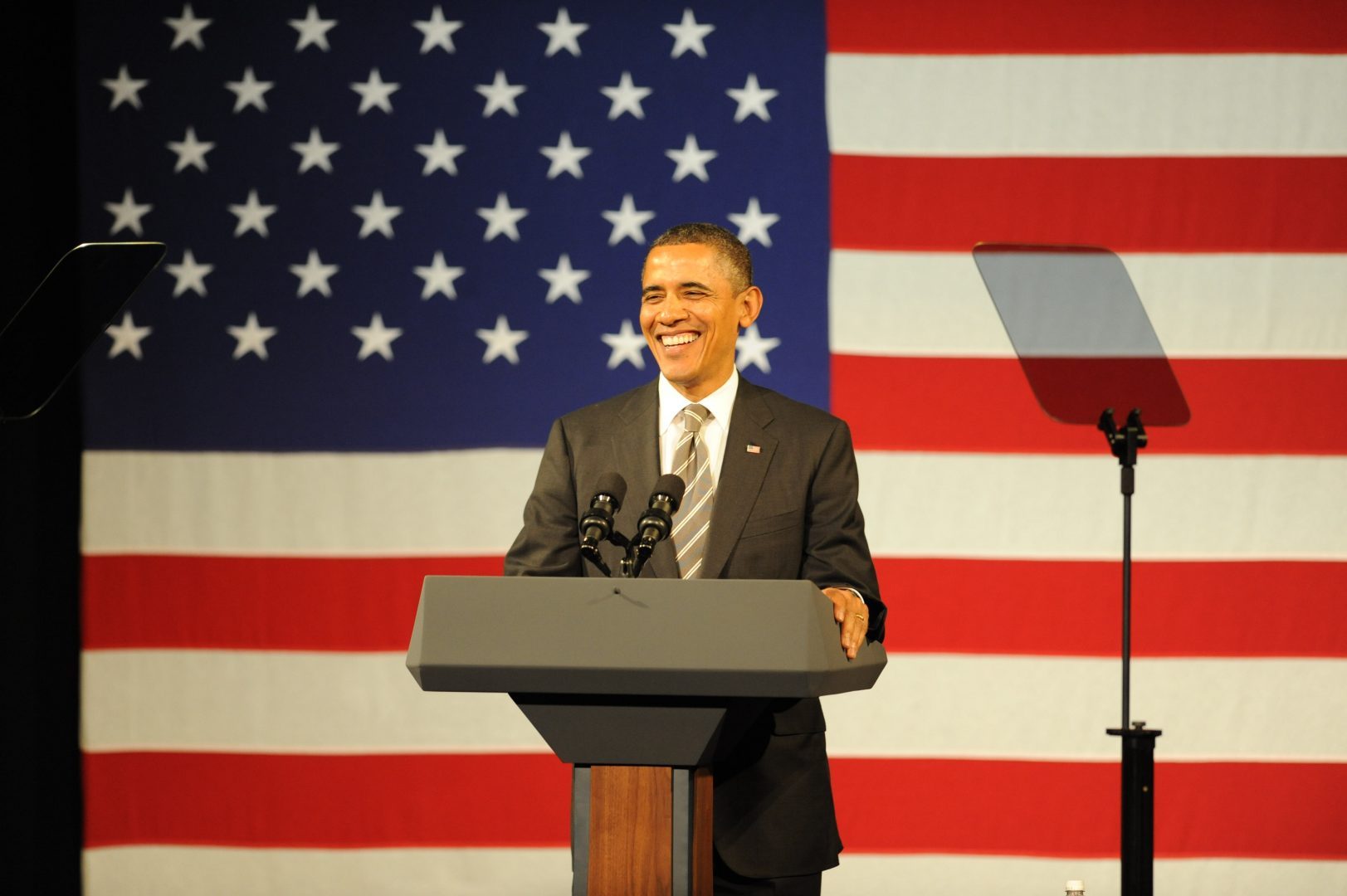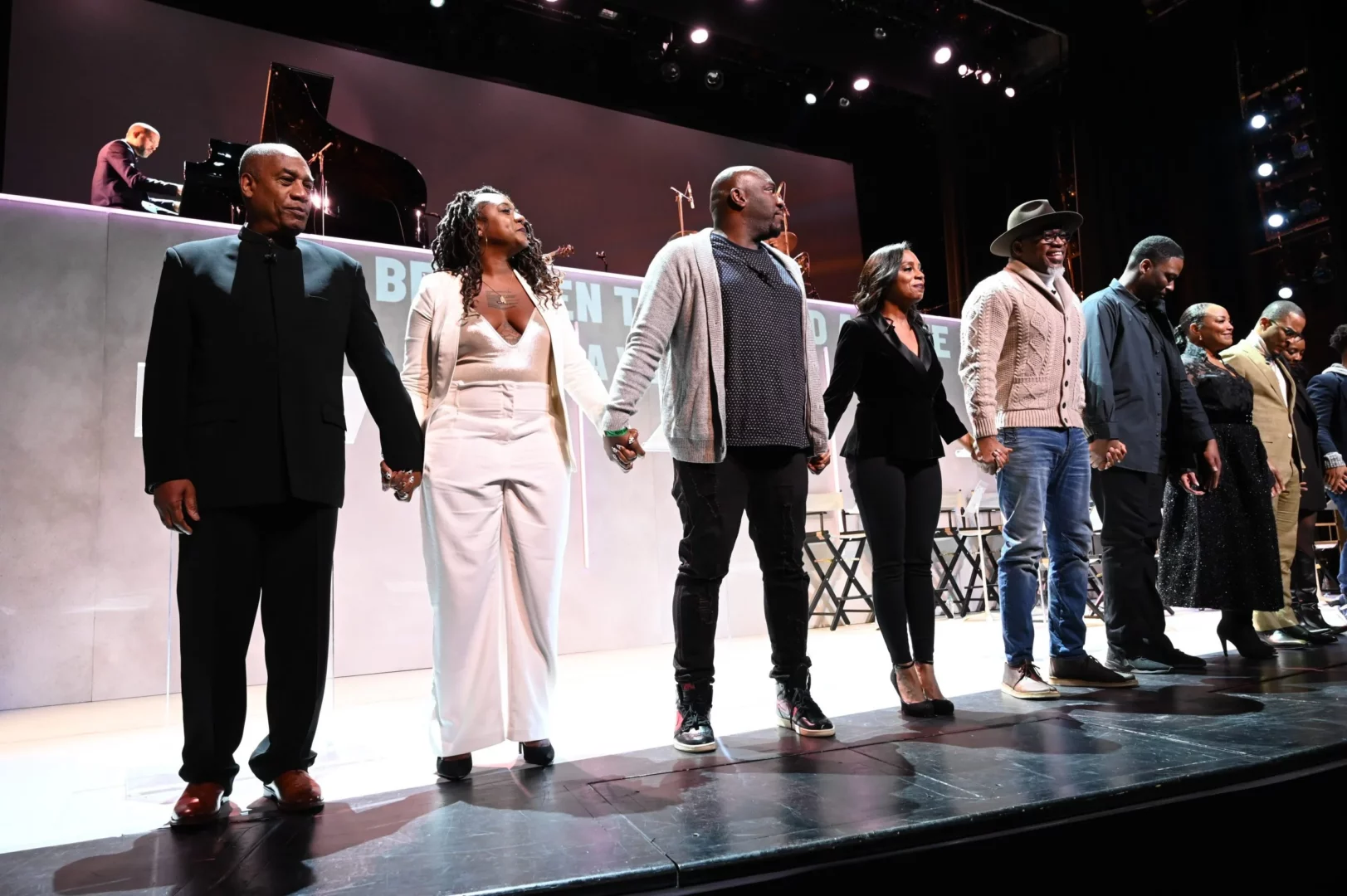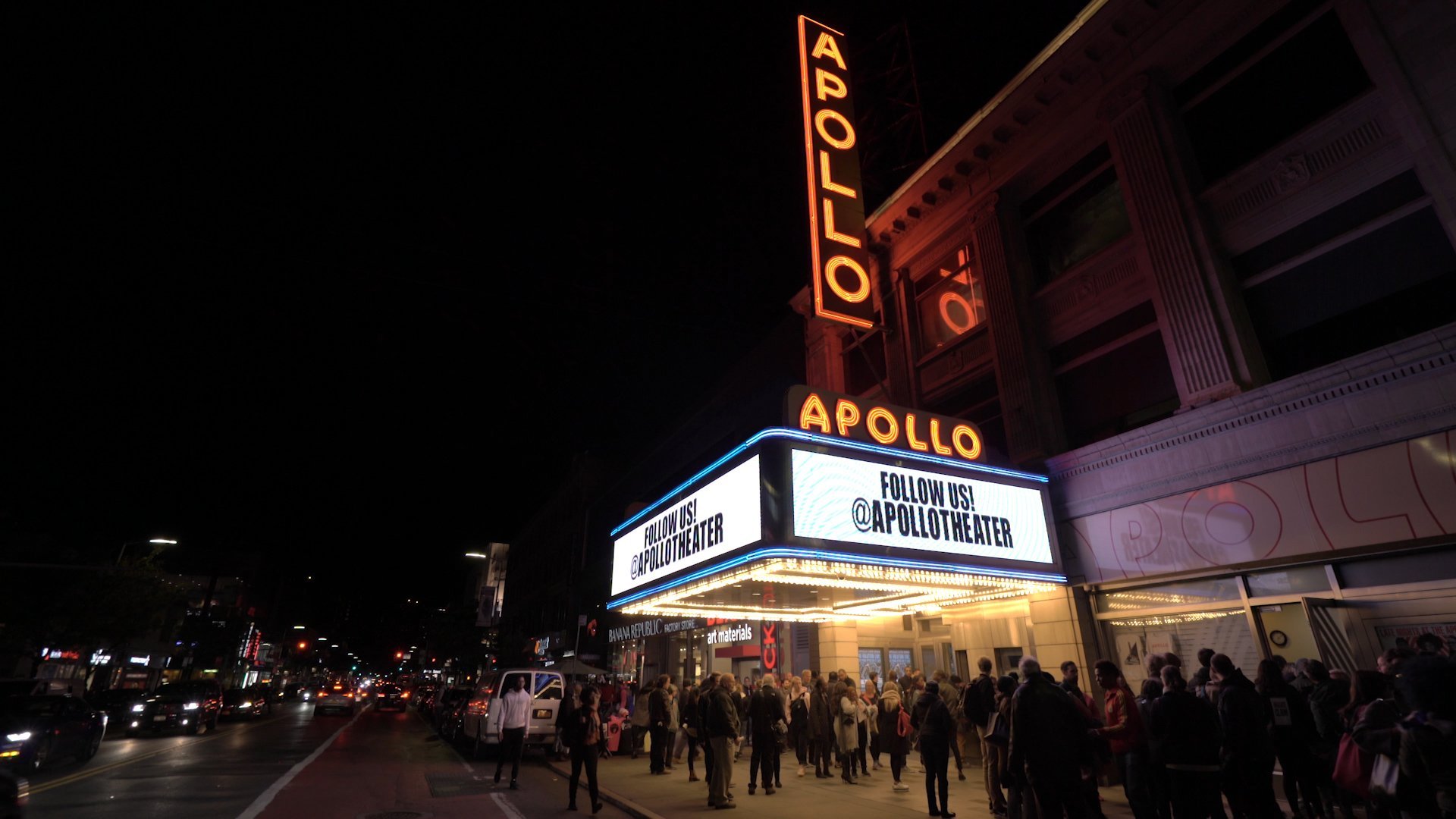Our Mission
The Apollo is a commissioner and presenter; catalyst for new artists, audiences, and creative workforce; and partner in the projection of the African American narrative and its role in the development of American and global culture.
Our Vision
The Apollo envisions a new American canon centered on contributions to the performing arts by artists of the African diaspora, in America and beyond.
Our History
Learn More
The Apollo has played a major role in the emergence of jazz, swing, bebop, R&B, gospel, blues, and soul — all quintessentially American music genres. Today, The Apollo remains a beacon for the arts in America and is now a non-profit multidisciplinary performing arts commissioner and presenter.
1913
Theater opened
The historic neo-classical theater, known today as The Apollo, was designed by George Keister.
1934
Sidney Cohen sells the 125th Street Apollo Theater
Sidney Cohen sells the 125th Street Apollo Theater to Leo Brecher and Frank Schiffman. The format of shows changes from burlesque to variety reviews. Marketing attention is redirected to the growing African-American community in Harlem. The Theater is renamed 125th Street Apollo Theater. Amateur Night at the Apollo is launched. 17-year-old Ella Fitzgerald and 16-year-old Pearl Bailey make their Apollo debuts.
1955
“Showtime at the Apollo” first broadcast taped
The “Showtime at The Apollo” first broadcast, taped before a live studio audience. Performers include Sarah Vaughan, “Big” Joe Turner, Herb Jeffries, the Count Basie Orchestra, comedian Nipsey Russell, and the dancer Bill Bailey. Willie Bryant is the host.
1979
The Apollo is purchased
Percy Sutton’s Inner City Broadcasting Corporation and investors purchase The Apollo.
1983
The Apollo received landmark status
The Apollo receives national, state, and city landmark status as Harlem’s oldest active theater. The Apollo celebrates its 50th Anniversary with the television special, “Motown Salutes the Apollo.”
1987
"Showtime at The Apollo" Debuts
“Showtime at The Apollo” debuts on national television.
1991
The Apollo becomes a not-for-profit
The Apollo Theater Foundation, Inc., a not-for-profit organization, is established to manage and program The Apollo.
2005
Black Music Month launched
The first Apollo Black Music Month, a month-long celebration of black music, launches with performances by The Black Eyed Peas, The Neville Brothers, and soul icon Chaka Khan.
2010
Apollo Walk of Fame Unveiled
The Apollo Legends Walk of Fame is unveiled below The Apollo’s historic marquee. Plaques paying tribute to renowned entertainers are installed for Quincy Jones, Patti LaBelle, Smokey Robinson, James Brown, Gladys Knight and the Pips, Little Richard, and Ella Fitzgerald.
2011
President Obama visits The Apollo
President Barack Obama becomes the first sitting President to visit The Apollo.
2018
Between the World and Me Premieres
Adapted and directed by Apollo Executive Producer Kamilah Forbes, Ta-Nehisi Coates’ #1 New York Times bestseller “Between The World And Me” has its world premiere on The Apollo stage, with original music by Jason Moran and featuring performances by Angela Bassett, Common, Marc Bamuthi Joseph, Susan Kelechi Watson, Joe Morton, Pauletta Washington, and Michelle Wilson. The show then tours to the Kennedy Center in Washington D.C.
2020
Digital Stage Launched
The Apollo launches The Apollo Digital Stage to continue to connect with artists and audiences during a prolonged closure due to COVID-19. The digital stage features a broad range of programs from the Apollo archives as well as curated performances, conversations and more, the Digital Stage has garnered nearly a half a million views for content in the first 11 months.
